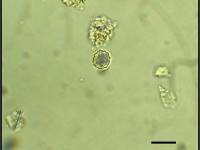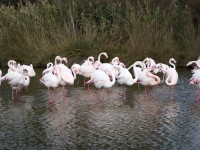Botany is the scientific study of plants, including flowering species, algae, fungi, and vascular plants like ferns. As one of the world's oldest natural sciences, botany explores plant structure, growth, reproduction, metabolism, and ecological relationships. With climate change threatening global plant biodiversity, botany has never been more critical to our future. Table of Contents What…
Read more
What is Botany? Plant Science Careers & Degrees







